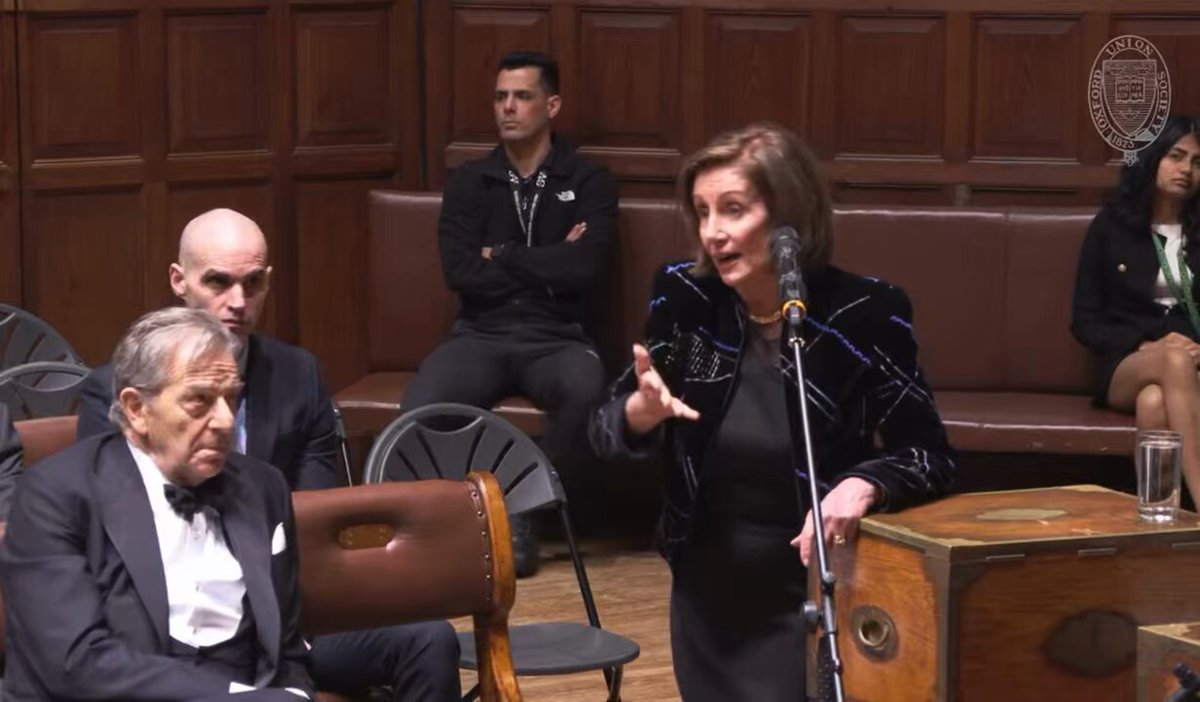The statement attributed to Nancy Pelosi discusses the perceived barriers to rational decision-making among voters due to their cultural views on contentious issues such as guns, homosexuality, and religion. The statement suggests that these views prevent voters from accepting what are presented as rational or correct answers to societal issues.
- The statement could potentially harm by characterizing certain cultural views as obstacles to rational decision-making, which might alienate or offend individuals who hold these views. [-1]Principle 1:I will strive to do no harm with my words and actions.
- The statement respects the dignity of others to a limited extent. It acknowledges the existence of differing views but frames them negatively, which could be seen as disrespectful. [-1]Principle 2:I will respect the privacy and dignity of others and will not engage in cyberbullying, harassment, or hate speech.
- The statement lacks empathy and compassion by dismissing deeply held beliefs as mere blocks to rational decision-making, rather than trying to understand or engage with the underlying values. [-2]Principle 3:I will use my words and actions to promote understanding, empathy, and compassion.
- The statement does not promote constructive dialogue or understanding. It positions one set of beliefs as superior to others, which could hinder constructive engagement across differing viewpoints. [-2]Principle 4:I will engage in constructive criticism and dialogue with those in disagreement and will not engage in personal attacks or ad hominem arguments.
- The statement does not acknowledge the complexity of the issues or the legitimacy of differing views, which could be seen as a failure to correct an overly simplistic portrayal of a complex issue. [-1]Principle 5:I will acknowledge and correct my mistakes.
- The use of the platform in this case does not seem to be aimed at bettering society through inclusive dialogue but rather at promoting a particular viewpoint in a way that might divide rather than unite. [-1]Principle 6:I will use my influence for the betterment of society.
